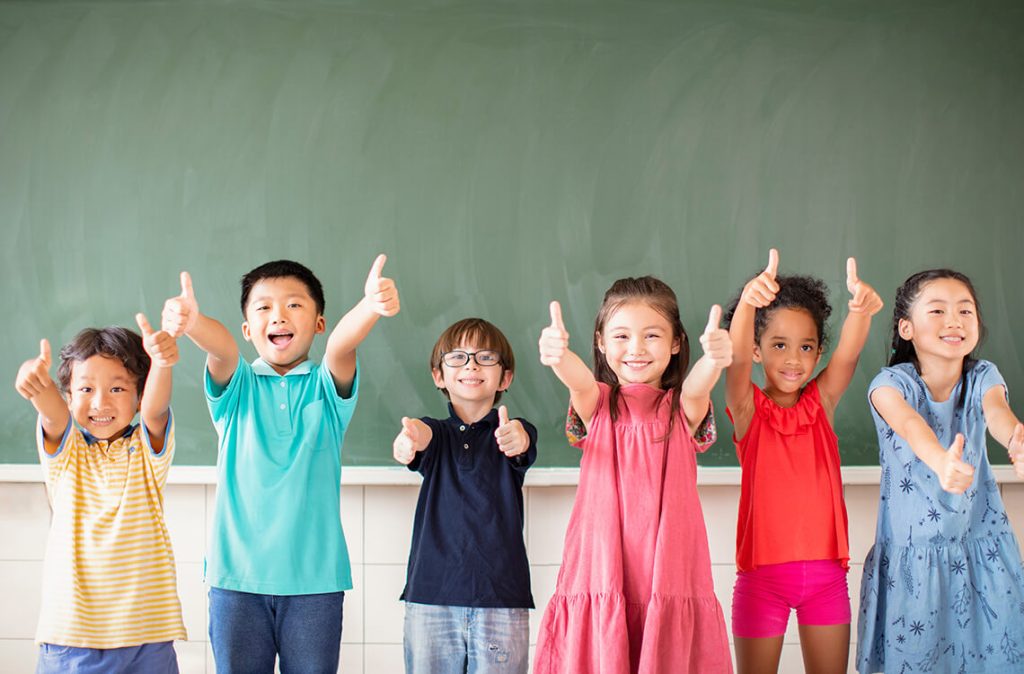Children’s Day is an important international celebration dedicated to promoting the rights and wellbeing of children across the world. It serves as a reminder of the need to protect and nurture the youngest members of our society.
The History of Children’s Day
Established in 1954, World Children’s Day is observed on the 20th of November each year to foster global unity in promoting children’s welfare.
The 20th of November holds significant historical importance. In 1959, it was the date when the UN General Assembly adopted the Declaration of the Rights of the Child. In 1989, the UN General Assembly adopted the Convention on the Rights of the Child.
Since 1990, World Children’s Day has become a symbolic anniversary.
World Children’s Day is not confined to a particular group but involves a broad spectrum of individuals, from parents and educators to healthcare professionals, government leaders, civil society advocates, religious and community leaders, corporate figures, media experts, and, of course, children themselves. Each plays a crucial role in making World Children’s Day meaningful within their respective societies, communities, and nations.
This special day is source of inspiration for all of us to champion and celebrate children’s rights. To start important conversations and initiatives in the hopes of creating a brighter future for children. And a child-friendly world overall.
What Children’s Day is All About
Child Rights Advocacy
Children’s Day is celebrated in the hopes of raising awareness about the rights of children. These rights include the right to survival, development, protection, and participation. As outlined in the United Nations Convention on the Rights of the Child (CRC). Children’s Day reinforces the importance of ensuring that every child’s rights are respected and upheld.
Education and Empowerment
Every child deserves the right to good, quality education.
Children’s Day highlights this significance; breaking obstacles that prevent children from receiving educational opportunities.
Empowering children through education is the key to breaking the cycle of poverty. Helping them build a better, brighter future for themselves and their communities.
Health and Wellbeing
Children’s Day emphasises the importance of ensuring the physical and mental health of children.
Children require access to healthcare, proper nutrition, and safe living conditions in order to grow up healthy and happy.
Promoting healthy lifestyles and early childhood interventions can significantly improve the wellbeing of children. Especially children with special needs or disabilities, and children with illnesses.
Protection from Exploitation and Abuse
Children are vulnerable to many forms of exploitation. This can including child abuse, child labour, child trafficking, and child marriage.
These abuses are rife in today’s world and Children’s Day is an important platform for shining a light on them.
It calls for the need to protect children from being exploited and ensuring a safe and loving world for them.
Promoting Gender Equality
Gender-based discrimination and violence affect children worldwide.
Especially in countries where they are barred from access to education or basic human rights.
The day emphasises the need for gender equality and highlights the importance of empowering girls and boys equally, ensuring they have equal opportunities and are free from gender-based violence and discrimination.
Cultural and Social Integration
Children are in important part of society and culture.
Children’s Day celebrates this role by promoting the diverse cultural backgrounds of children around the world.
It’s important to appreciate the different customs, traditions, and values that each culture has. And how children ultimately contribute to their local cultures.
Youth Participation
Children have the right to participate in decisions that affect their lives.
Understanding the perspective of children on today’s various issues sheds light on how we can improve circumstances for them. Children’s Day underscores the importance of involving children in adult discussions.
About policies and programs that affect them, by encouraging their active participation in society.
Future Development
Children are the future of any nation or community. The success and prosperity of a country ultimately depends on how well we raise our young.
Healthy development, education, parental love and community support. These all play a role in how children can change the world.
Celebrating Children’s Day is a way of investing in the future and ensuring that future generations are equipped to meet the challenges of an ever-changing world.
Promotion of Peace and Tolerance
The trickle-down effect of honouring, protecting and empowering children is global.
We ultimately become better humans to each other and to the environment. By fostering the rights and wellbeing of children,
Children’s Day contributes to building a more peaceful and tolerant society and gradually, the world.
Celebrating Children’s Day
Children’s Day is not just a day of celebration but a reminder of our collective responsibility to protect, nurture, and empower the children of the world.
By acknowledging their rights and wellbeing, we contribute to a brighter and more promising future.
And it all starts with hearing what children have to say and recognising their incredible potential and wisdom for changing the world, just by being themselves.
Disclaimer: The information provided in this article is for informational purposes only and should not be considered as medical advice from Motherhood. For any health-related concerns, it is advisable to consult with a qualified healthcare professional or medical practitioner.
For more insightful stories and fun recipes, stay tuned to Motherhood Story!
